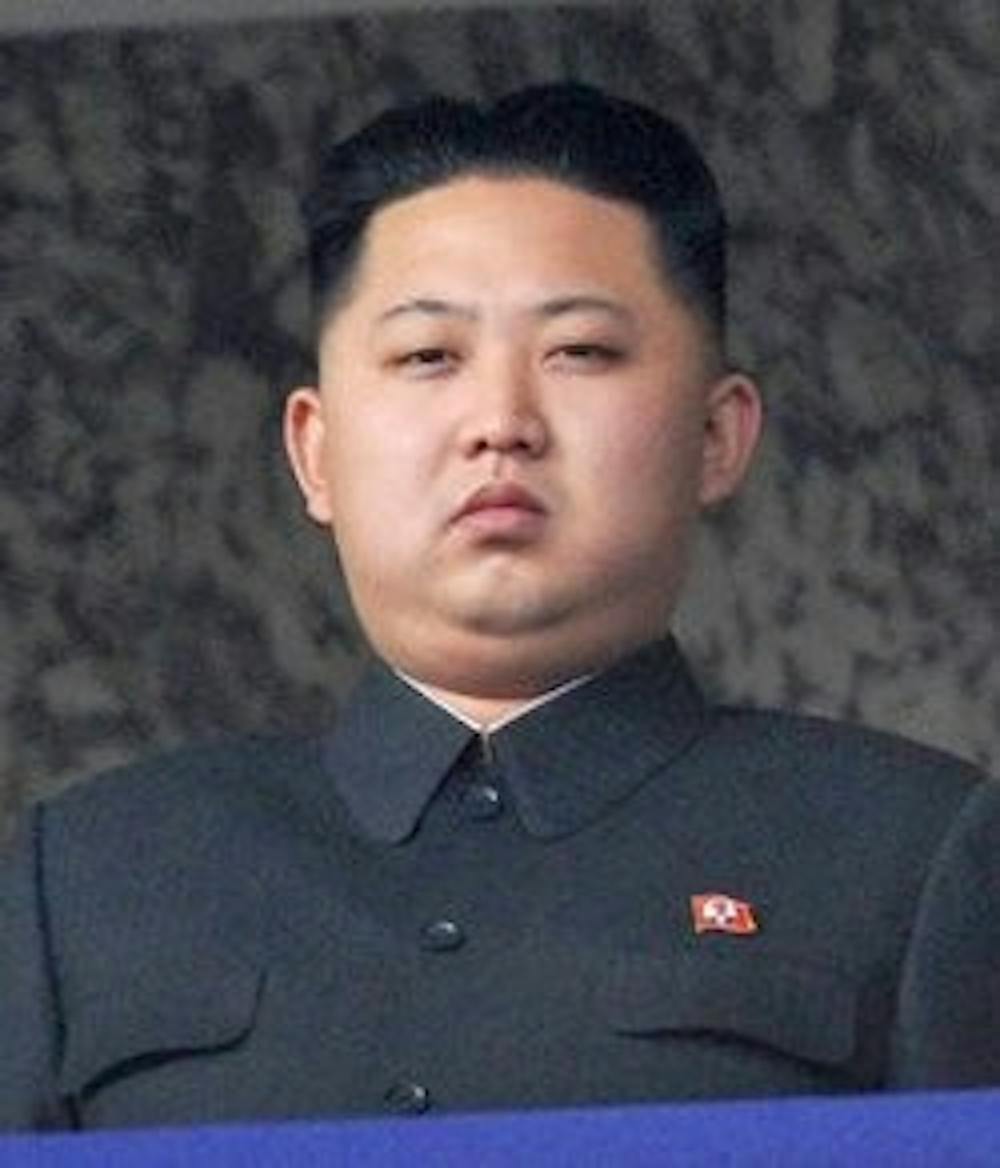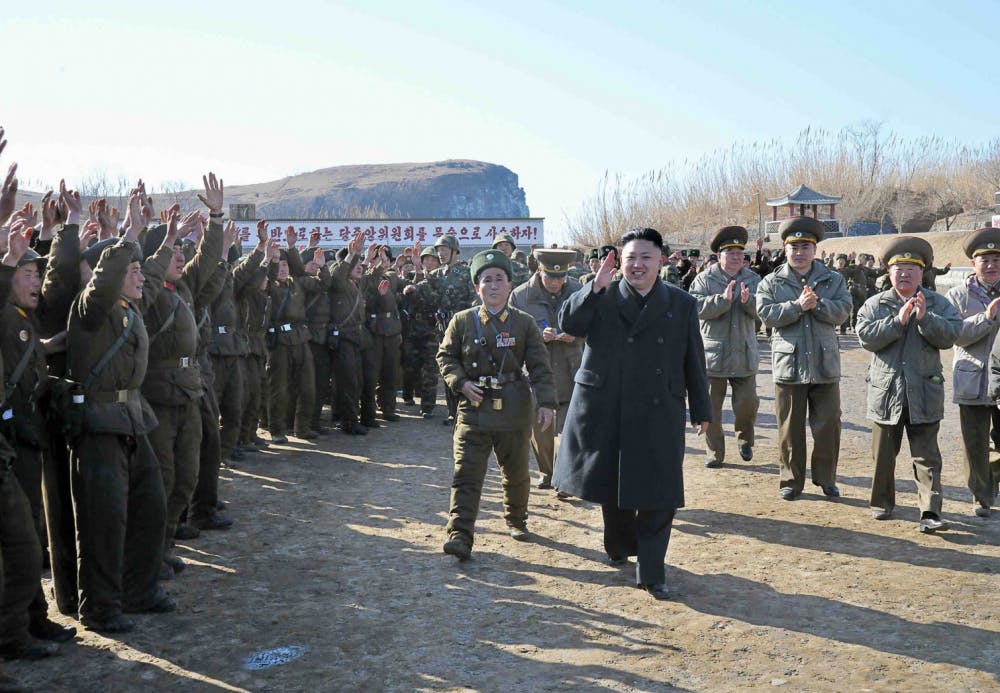By Claire Hadley and Rachel Vachon
Missile components were spotted on the east coast of North Korea yesterday as threats from the country increase, according to CNN.
It is reported that the component, potentially a Musudan missile-a mid-range ballistic missile-has the ability to reach South Korea, Southeast Asia and Japan with its 2,500-mile range if fired. North Korea blames the U.S. for pushing it toward war.
Because it is still uncertain whether North Korea plans to test fire the missiles or launch an actual attack, the U.S. has kept the country under close watch, CNN reported. Even though reports have shown the missiles do not appear to be positioned at the U.S., the U.S. government still plans to send precautionary missiles to Guam, a U.S. territory in the western Pacific Ocean.

This announcement came Wednesday in response to North Korea's threats, as the U.S. moved up its defense missile initiative originally set for 2015, in order to protect Guam and its military and naval bases there.The conflict began to intensify last week, as North Korea threatened to launch a nuclear attack after planning to restart a nuclear reactor that was shut down five years ago, according to CNN. The threat followed the country's decision to lock South Korea out of a shared factory complex.
North Korean news agency KCNA expressed the country's sentiments over the nuclear activity earlier this week in an article by CNN.
"The moment of explosion is approaching fast," KCNA said. "No one can say a war will break out in Korea or not and whether it will break out today or tomorrow. The responsibility for this grave situation entirely rests with the U.S. administration and military warmongers keen to encroach upon the DPRK's (Democratic People's Republic of Korea) sovereignty and bring down its dignified social system with brigandish logic."
Nicholas Kerton-Johnson, political science and international relations professor, doubts North Korea will deliver on its words.
"I see the threats as clear posturing by North Korea," Kerton-Johnson said. "They are an outcast regime that needs to ensure its own survival. Their nuclear program has resulted in sanctions but is ironically also their best negotiating tool for international aid. . . . In my opinion they will never fire against the U.S."
As the world watches North Korea carefully for its next move, a primary concern is the combination of nuclear talk from North Korea and potential military movement from the U.S. and South Korea, according to The Washington Times. They fear is that such tensions could start a war if an impulsive or miscalculated move is made.
"They have a nuclear capacity now," said Defense Secretary Chuck Hagel, according to The New York Times. "They have a missile delivery capacity now. And so, as they have ratcheted up their bellicose, dangerous rhetoric, and some of the actions they have taken over the last few weeks present a real and clear danger."
"We are doing everything we can, working with the Chinese, others to defuse that situation on the peninsula," Hagel told Reuters.
Conditions in North Korea have put the U.S. on edge as they actively pursue ways to prevent a future attack.
"The U.S. has shown a clear willingness to use force when threatened-one of President Bush's key legacies-and they know only their destruction would result," Kerton-Johnson said. "I am not at all worried about North Korea. They are an authoritarian dictatorship interested only in their own power. They lack the ideological hatred that leads to stupid decisions."





